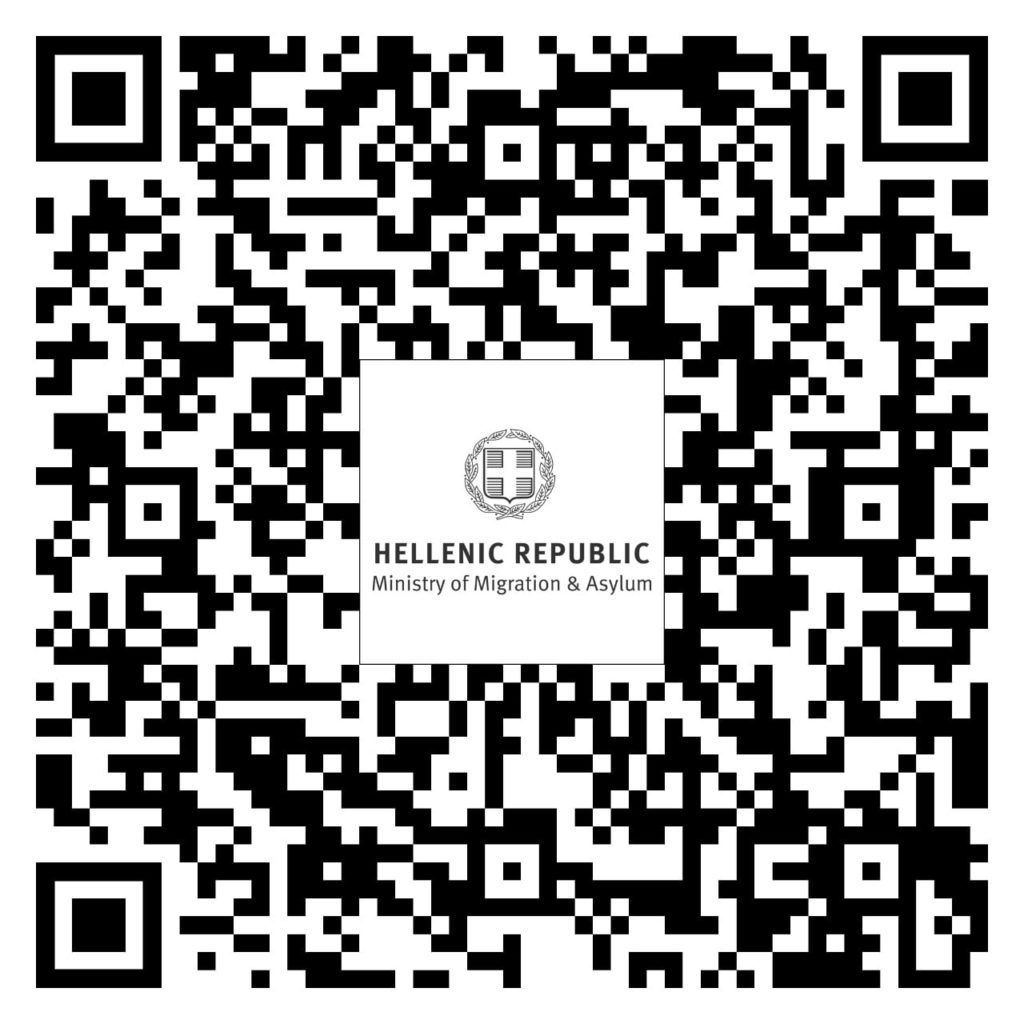About R.I.S.
The mission of R.I.S
The Reception and Identification Service originates from the First Reception Service that was established with Law 3907/2011. R.I.S. is under the jurisdiction of the General Secretariat for Reception of Asylum Seekers from 20/02/2020 and was founded with law Ν.4375/2016 (ΦΕΚ 51/Α’/ 03-04-2016). It supervises reception and identification processes throughout Greece. Its mission is to provide humane reception and identification procedures for third-country nationals or stateless individuals entering Greece.
Third-country nationals or stateless persons who enter Greece illegally may be refugees, economic migrants, vulnerable individuals, families, minors or unaccompanied minors. R.I.S. recognizes and addresses the needs of each group according to relevant legislations defined by Greek laws. It protects and respects the dignity of all individuals entering the country irrespective of their age, gender, nationality, social or religious status.
Reception and Identification
The Reception and Identification Service (R.I.S.) implements procedures that relate to registration, identification (verification of identity and nationality), medical screening and treatment and psychological support. It is also responsible for informing migrants of their rights and obligations. Those who wish to submit an application for asylum are referred to the Regional Asylum Offices
During reception and identification procedures, third-country nationals reside in Reception and Identification Centers (RIC) or Facilities (Domes). When the reception and identification process is complete, their status may be revised, they may be deported or returned to their country of origin, they may be detained in Closed Reception Centers or transported to other residence facilities in the mainland.
R.I.C. ensures, according to the law (article 39, paragraph 8 of law 4636/2019), that throughout the reception and identification procedures, third-country nationals have decent living conditions, remain with their families, have access to medical care and receive psychological support. It also ensures that vulnerable individuals and especially unaccompanied minors and handicap individuals receive special care according to their needs. It enables access to legal counsel, communication with humanitarian organizations and contact with family members and friends.
The Reception and Identification Service collaborates with European and International Organizations active in the field of migration. More specifically,:
- The U.N. High Commissioner for Refugees (art. 91)
- The International Organization for Migration (IOM)
- The E.U. Asylum Agency (European Union Agency for Asylum – EUAA)
R.I.C also collaborates with accredited and registered non-profit organizations (NGOs).


